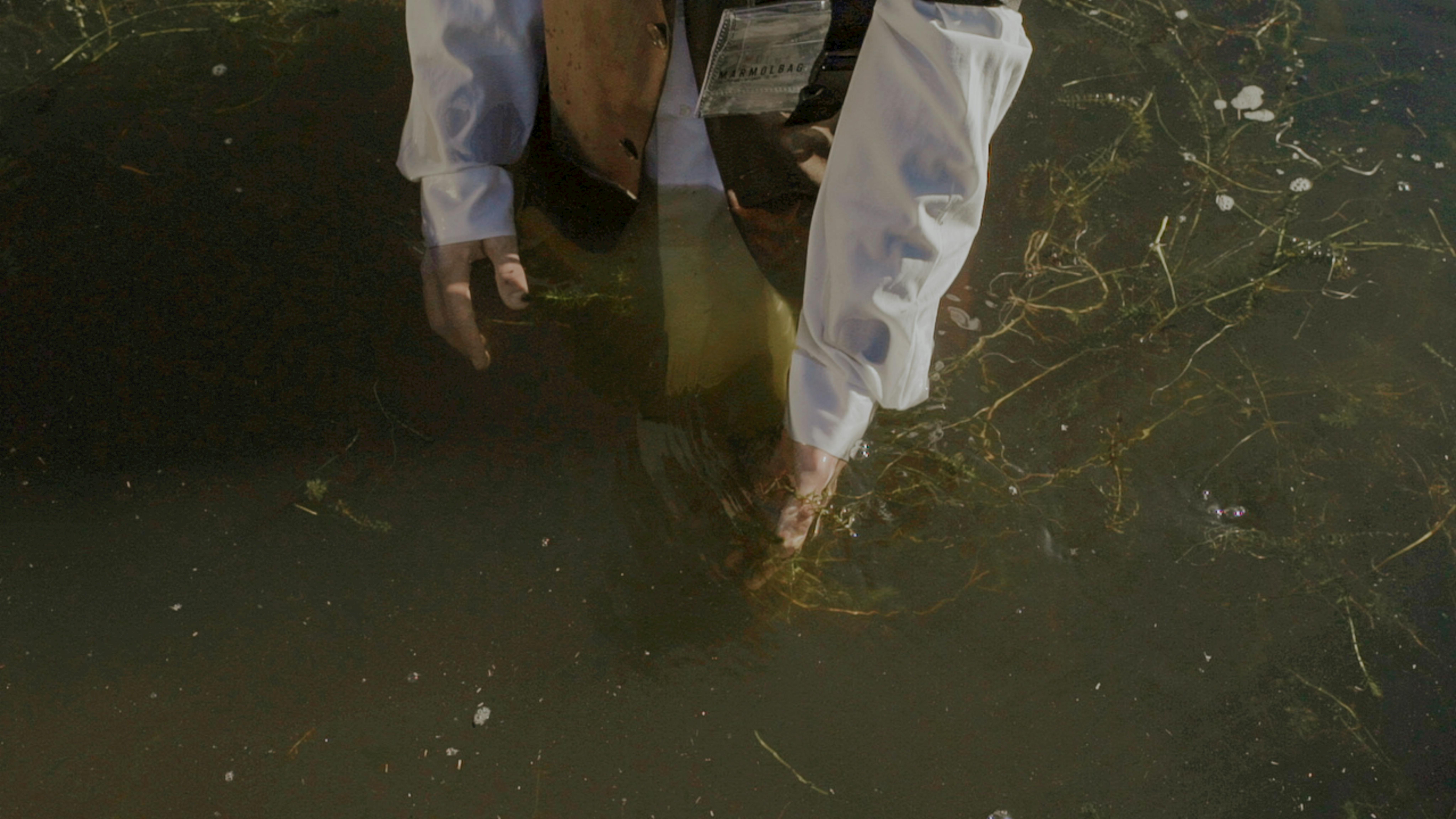WFI releases powerful film ‘Eight Hours of Hell’
A compelling first-hand account of the 2022 Narrogin bushfire, in WA’s Wheatbelt region
Warning: this film contains some confronting images of the aftermath of a bushfire.
The devastation of natural disasters and catastrophic events goes well beyond the immediate damage to infrastructure. There are emotional and social impacts on people and communities, as highlighted in a short film released by WFI.
“Eight Hours of Hell” captures the terrifying experience of long-term WFI clients Darryl and Linda Kilpatrick, as they defended their Narrogin property from a bushfire on 6 February 2022.
The Kilpatrick family farm, insured with WFI for more than 70 years, was decimated by the fire which tore through WA’s Wheatbelt region. The Kilpatrick’s suffered significant livestock loss, acres of scorched paddocks, and 30 – 40 kilometres of destroyed fencing.
The fear and uncertainty experienced by the family that day is palpable when described by Linda Kilpatrick in the film.
When the house became really under threat, it was quite frightening. That panic, you just want your family close, you want everyone there, but we were all in separate parts of the farm, off doing different jobs, it was quite terrifying.
Linda Kilpatrick
WFI client
There was a feeling of utter helplessness among the community as the fire swept through, including for WFI Narrogin Area Manager and local of 30 years, Mark Regan: “I felt helpless on the day, you knew you were going to be needed, but you couldn’t do anything at the time.”
As soon as the fire subsided, Mr Regan headed straight out to check on the Kilpatricks. “What I saw, it was like a cataclysmic day, nothing was green, everything was burnt. Fences, paddocks, trees, bush blocks and livestock. To see the impact on the clients, was something I’ll never forget. It was really an emotional time, because not only are they your clients, but you’ve grown up with them.”
With the frequency and severity of natural disasters increasing in Australia, propelled by climate change, the long-term effects cannot be underestimated. Livelihoods, physical and mental wellbeing are all legacy impacts of these large-scale catastrophes. “The devastation is not just here and now, it’s generational,” Mr Regan said.
While disaster preparation and risk mitigation are essential steps to minimising the impacts of future severe weather events, communities will need to come together more than ever before. With more than 200 area managers and service specialists located across Australia, WFI Executive General Manager Andrew Beer reflects on the important role they play for people and communities across the country.
Darryl and Linda’s story shows us the importance of community spirit, supporting each other every day and why we do what we do.
Andrew Beer
WFI Executive General Manager
“We’re locals and we know the community, we know the land, we know the people and it’s our personal approach which sets us apart.”
“It’s about community supporting community,” Mr Beer concluded.








